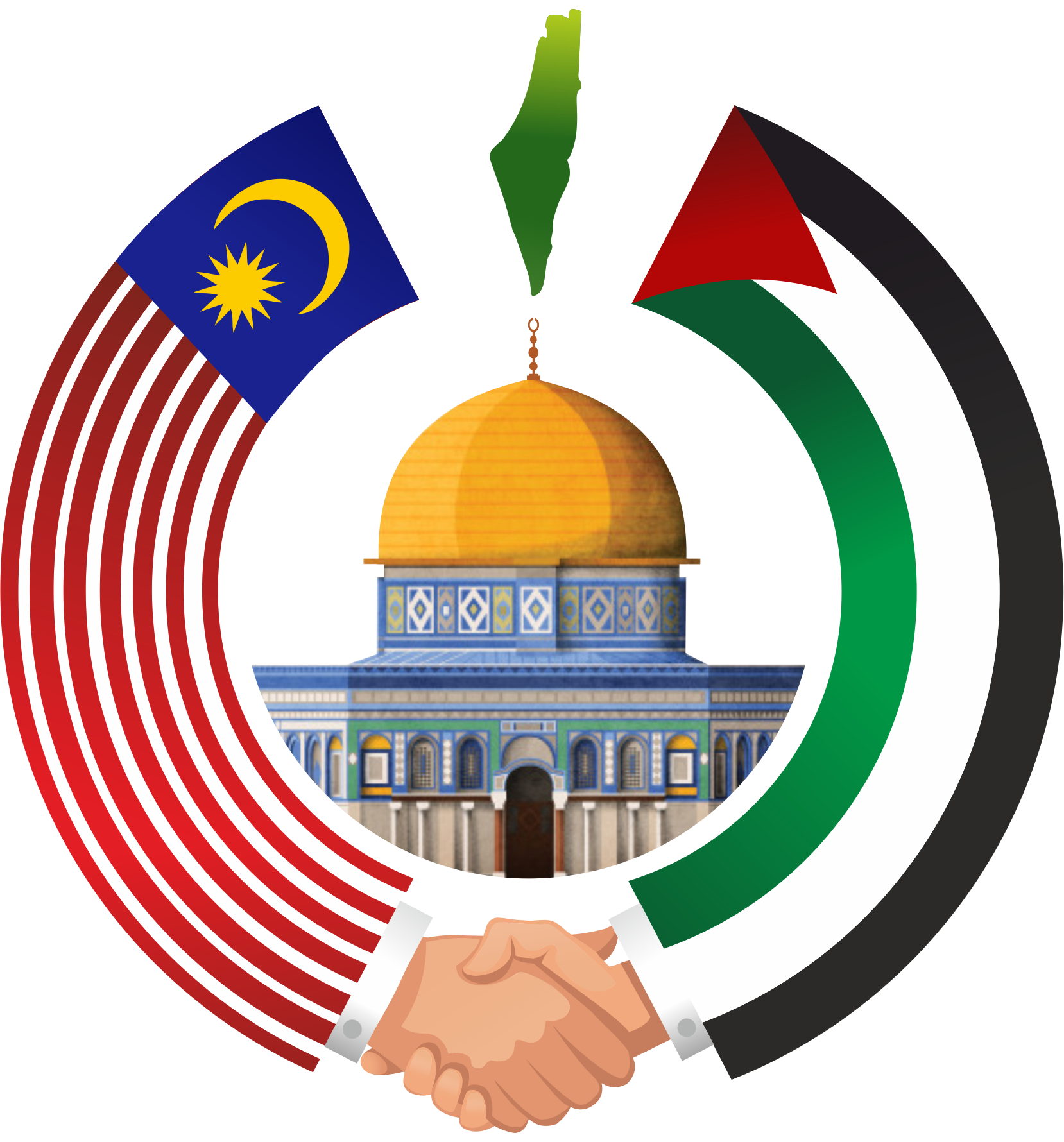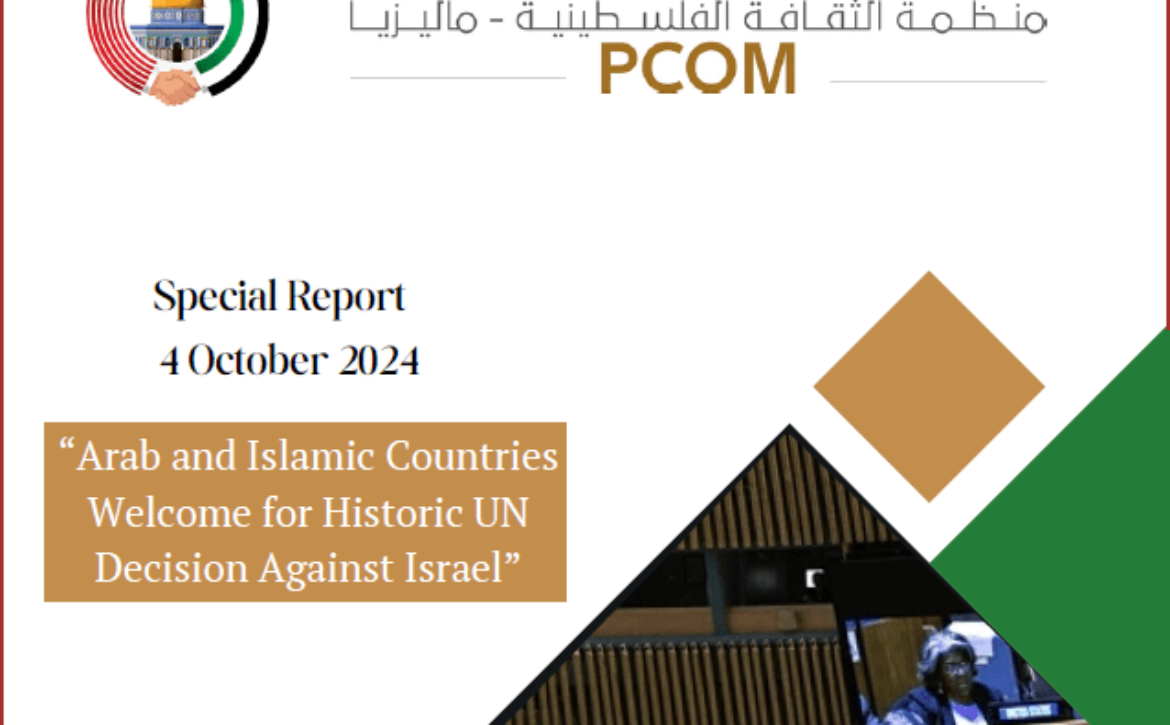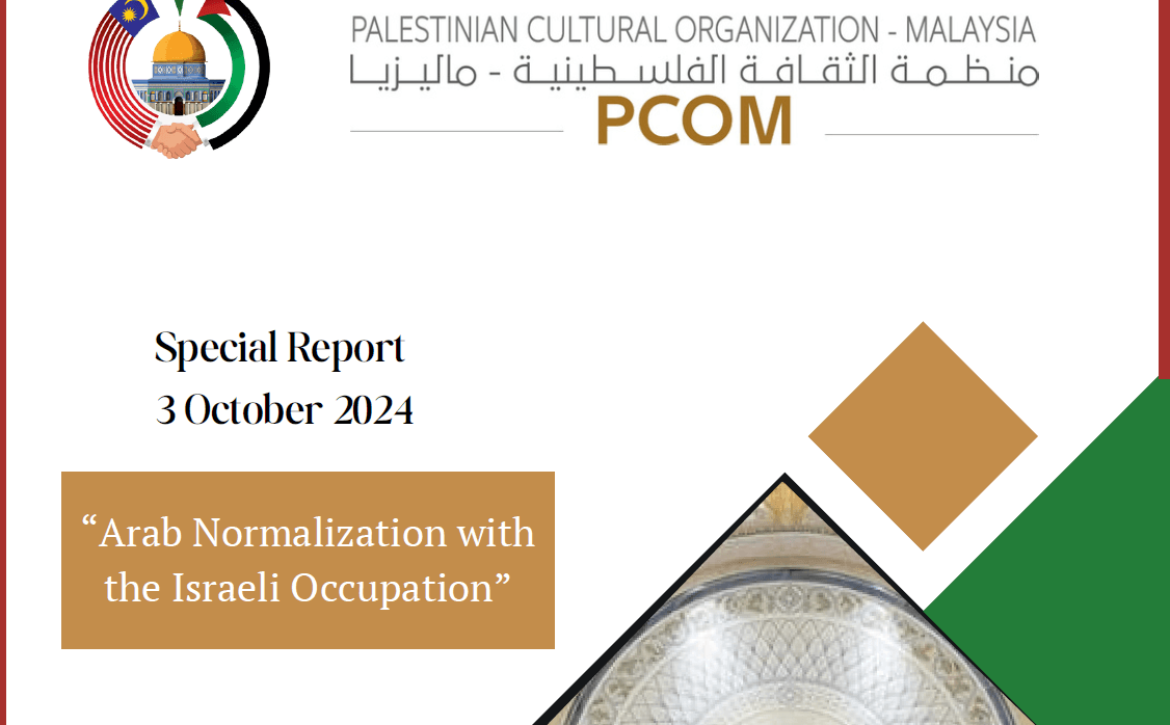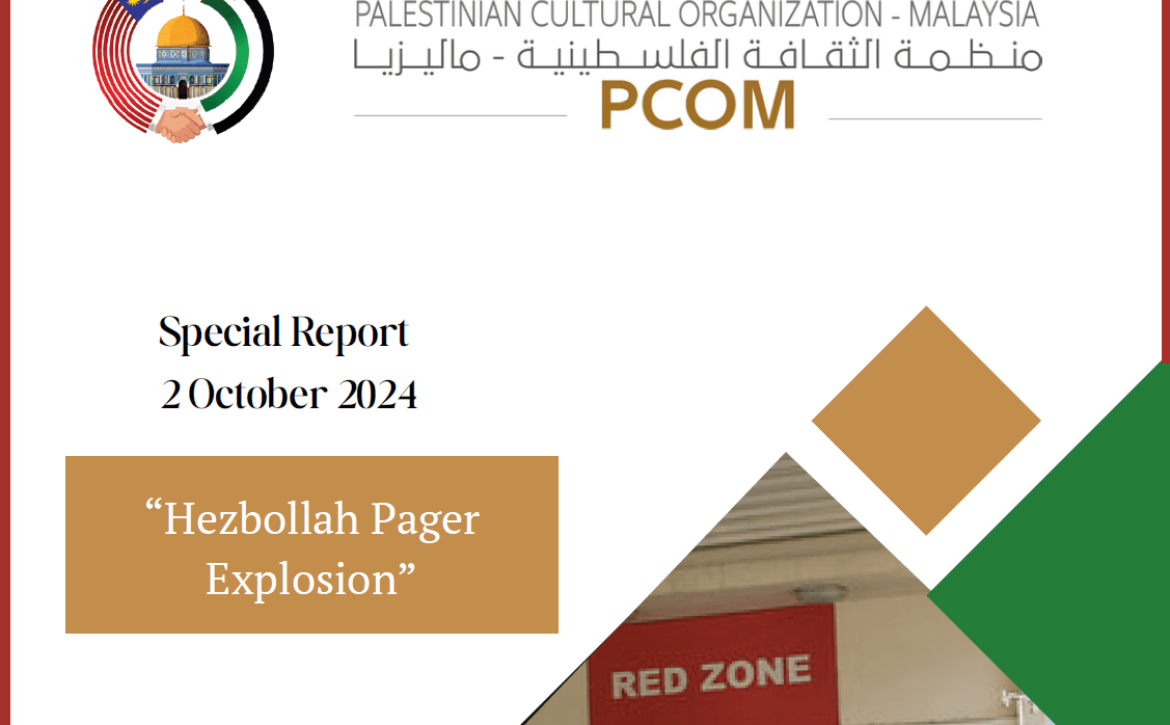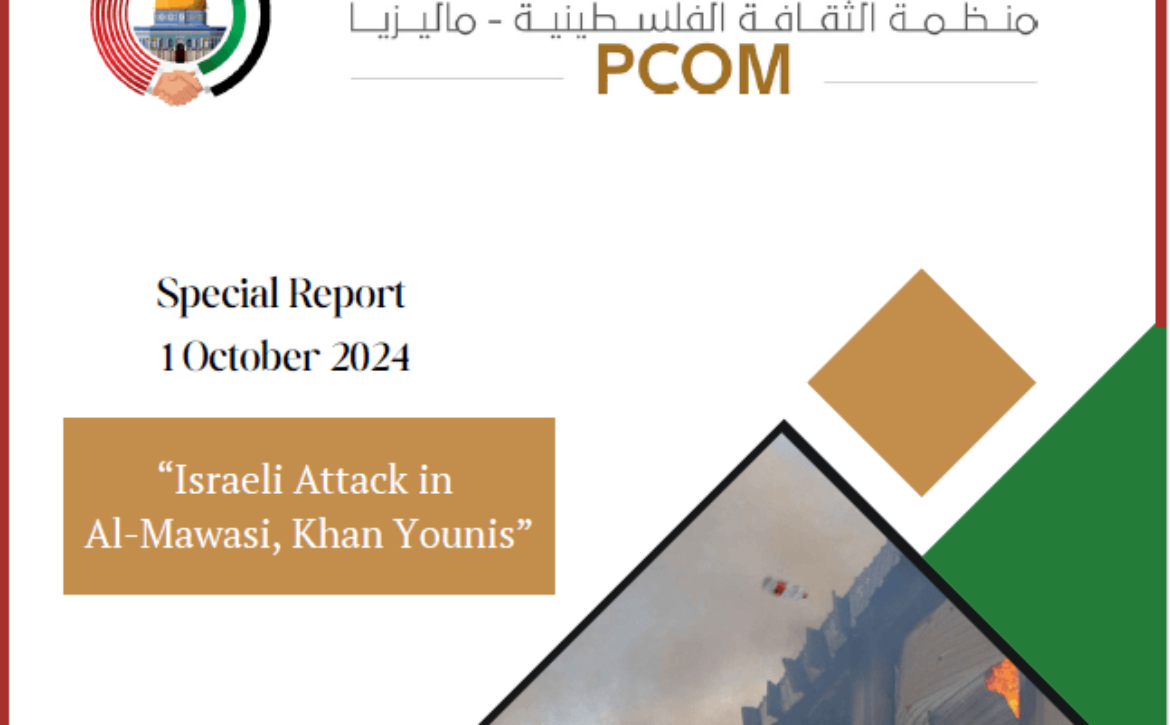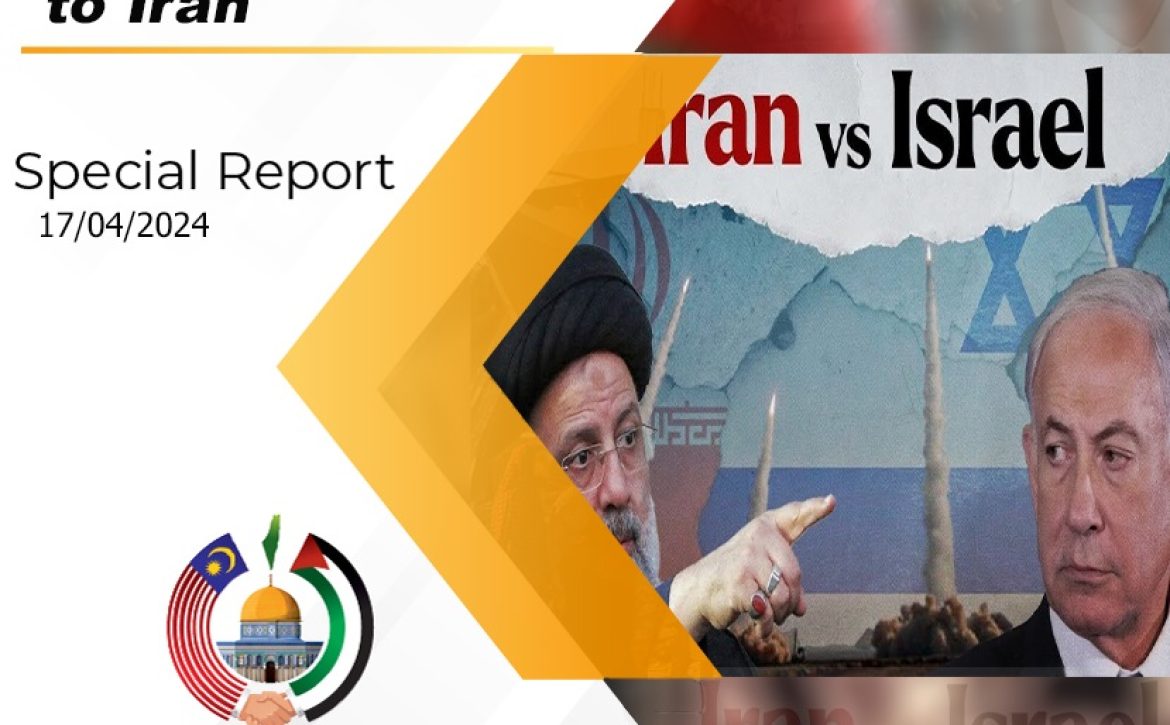Arab and Islamic Countries Welcome for Historic UN Decision Against Israel
Arab and Islamic countries and organizations welcomed a historic resolution adopted by the United Nations General Assembly on Wednesday, which calls on Israel to end its occupation of Palestinian territories from 1967 within 12 months. They described the resolution as historic and demanded its tangible implementation.
This came in official statements issued by Saudi Arabia, the UAE, Qatar, Jordan, and the Organization of Islamic Cooperation, alongside Palestinian approval and Israeli rejection.
The Palestinian Ministry of Foreign Affairs welcomed the UN General Assembly’s adoption of a resolution drafted by the Palestinian Authority, which demands Israel end its “illegal presence in the occupied Palestinian territories” within 12 months. The ministry described the resolution as a pivotal and historic moment for the Palestinian cause and international law. It also thanked the member states that supported, sponsored, and voted for the resolution, which was adopted by a majority of 124 votes, with 43 countries abstaining, and 14 opposing it.
The ministry further clarified that the positive vote of more than two-thirds of UN members represents a global consensus that the occupation must end, its practices and crimes must cease, and it must withdraw its forces, including settlers.
The Islamic Resistance Movement (Hamas) also welcomed the UN General Assembly’s adoption of the resolution calling on Israel to end its illegal presence in the occupied Palestinian territories.
In a statement, Hamas considered this vote an expression of genuine international support for the Palestinian people and their legitimate rights to self-determination and the establishment of an independent state. It added that this resolution reflects international alignment with the Palestinian struggle for freedom and independence.
Hamas described the decision as an important victory for the Palestinian people and a reaffirmation of Israel’s growing isolation. The movement also expressed appreciation to the countries that voted in favor of the resolution and urged them to take further measures to isolate Israel and pressure it to stop the war.
The Kingdom emphasized the need for practical and credible steps to achieve a just and comprehensive solution to the Palestinian issue.
The UAE also welcomed, in a statement from its UN mission, the adoption of the UN General Assembly resolution, affirming that the International Court of Justice’s ruling is clear in stating that the Israeli occupation is illegal and must end. The UAE further urged the Security Council to translate the advisory opinion into tangible steps.
Jordan, in a statement from its Ministry of Foreign Affairs, welcomed the UN resolution, emphasizing that the adoption of the resolution reflects the international community’s will and international law in supporting the Palestinian people’s right to self-determination and the establishment of an independent, sovereign state on the June 4, 1967 borders, with Jerusalem as its capital. The Jordanian statement stressed the need to compel Israel to implement the resolution, including immediately halting all new settlement activities and evacuating all settlers from Palestinian land.
A Historic Decision
The Organization of Islamic Cooperation (OIC), in a statement, welcomed the UN General Assembly’s adoption of a historic resolution regarding the illegality of the Israeli occupation. The OIC viewed the resolution as reflecting international consensus on the justice of the Palestinian cause and its steadfast support for the legitimate rights of the Palestinian people. The organization called on all states to assume their responsibilities and take individual and collective actions to ensure Israel’s compliance with its obligations under international law and the relevant international resolutions.
The Gulf Cooperation Council (GCC) also welcomed the UN General Assembly’s adoption of a resolution calling for the end of Israel’s occupation of Palestine. Secretary General Jassim Mohammed Al-Budaiwi emphasized the need to end the illegal Israeli occupation of Palestinian territories and affirmed the Palestinian people’s right to reclaim their lands. Al-Budaiwi stated that the actions taken by Israeli occupation forces, including settlement expansion and geographic changes, are illegal and illegitimate, with no recognition at either the regional or international level. He stressed the international community’s responsibility to ensure the implementation of the resolution.
Earlier, Palestinian Authority President Mahmoud Abbas welcomed the UN decision, as reported by the Palestinian News Agency, asserting that the resolution’s support by two-thirds of UN General Assembly members represents international consensus on the justice of the Palestinian cause and a victory for the Palestinian people’s inalienable right to self-determination and the establishment of their independent state.
In contrast, the Israeli Ministry of Foreign Affairs rejected the resolution, stating that it is detached from reality and harms peace efforts.
Occupation and Expansion
Israel occupied the West Bank, Gaza Strip, and East Jerusalem in the 1967 war, and has since been constructing and expanding settlements in the West Bank.
In July 2023, the Israeli government claimed it had “the right to impose its sovereignty” over the West Bank, asserting that “the Jewish people have the exclusive right to self-determination on this land.”
International law prohibits Israel from annexing any part of the West Bank, according to numerous United Nations statements over the years.
The UN vote came as Israel, with full American support, continues a devastating war in Gaza since October 7, 2023, resulting in over 136,000 Palestinian casualties, mostly women and children, and more than 10,000 missing, amidst massive destruction and a deadly famine.
On October 27, the General Assembly called for an immediate humanitarian ceasefire in Gaza with 120 votes in favor. In December, 153 countries voted in favor of demanding an immediate humanitarian ceasefire instead of just calling for it.
In defiance of the international community, Israel continues this war, disregarding the UN Security Council’s call for an immediate halt and the International Court of Justice’s orders to take measures to prevent genocide and improve the catastrophic humanitarian situation in the besieged Gaza Strip.
Source: Al Jazeera & Agencies

